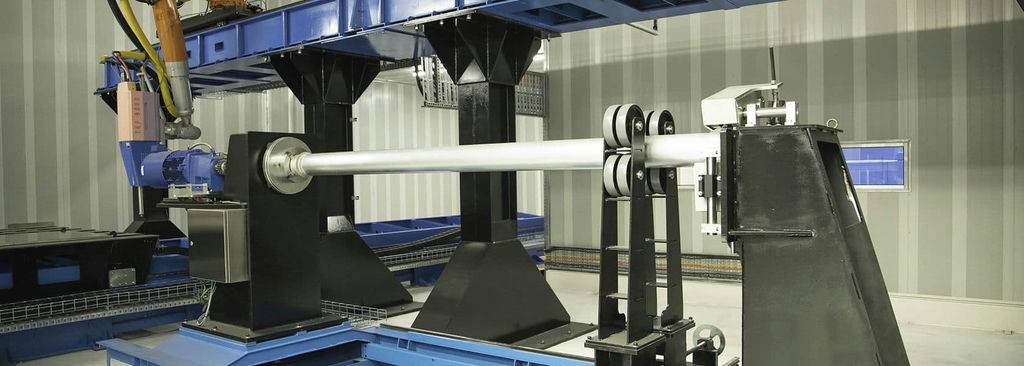Australian metal 3D printer manufacturer Titomic and on-demand production provider Romar Engineering have gained a combined total of (AUD) $8.1 million to fund their respective upcoming aeronautical projects.
While Titomic intends to deploy its capital to bring a new line of aerospace components to market, Romar Engineering similarly plans to use its share to produce motion control parts for future space missions. The funding has been awarded as part of the Australian state’s wider ‘Modern Manufacturing Initiative,’ through which it aims to help native firms capture supply chain opportunities.
“These grants will help bolster Australia’s reputation in the growing global civil space industry and build on the important work being led by our Australian Space Agency,” said Christian Porter, Australia’s Minister for Industry, Science and Technology. “From satellites to sensor componentry, Australian manufacturers are drawing on our existing AM expertise to launch into exciting new markets.”
A ‘Modern Manufacturing Initiative’
Announced in October 2020, the Australian government’s Modern Manufacturing Initiative (MMI) is designed to drive the competitiveness and sustainability of the country’s manufacturing sector. As part of the MMI’s first round of Integration and Translation funding, nearly $14 million has now been awarded to help boost four Australian companies, each seeking to address the global aerospace industry.
As one of those selected for backing, Titomic is set to gain $2.3 million towards the series production and commercialization of the satellite parts it has been developing. The firm also intends to achieve the same with the titanium space vehicle parts it has under wraps, which it’s building to address Australia’s space sector in addition to overseas markets.
Although the company hasn’t publicly confirmed that it’ll 3D print the components in question, much of its activity revolves around its additive Titomic Kinetic Fusion technology. Also, given that in the past, the firm has received an order from Airbus and produced rocket components alongside Gilmour Space Technologies, it’s not much of a leap to suggest that it’s now 3D printing its own aerospace parts.
Elsewhere, the MMI has also seen EffusionTech and Q-CTRL receive $1.2 million and $2.5 million to bankroll similar aerospace-related projects. Using this funding, the former aims to manufacture low-cost, durable and high-performance liquid-fuelled rocket engines, while the latter is setting out to expand on its production of remote-sensing space payloads.


